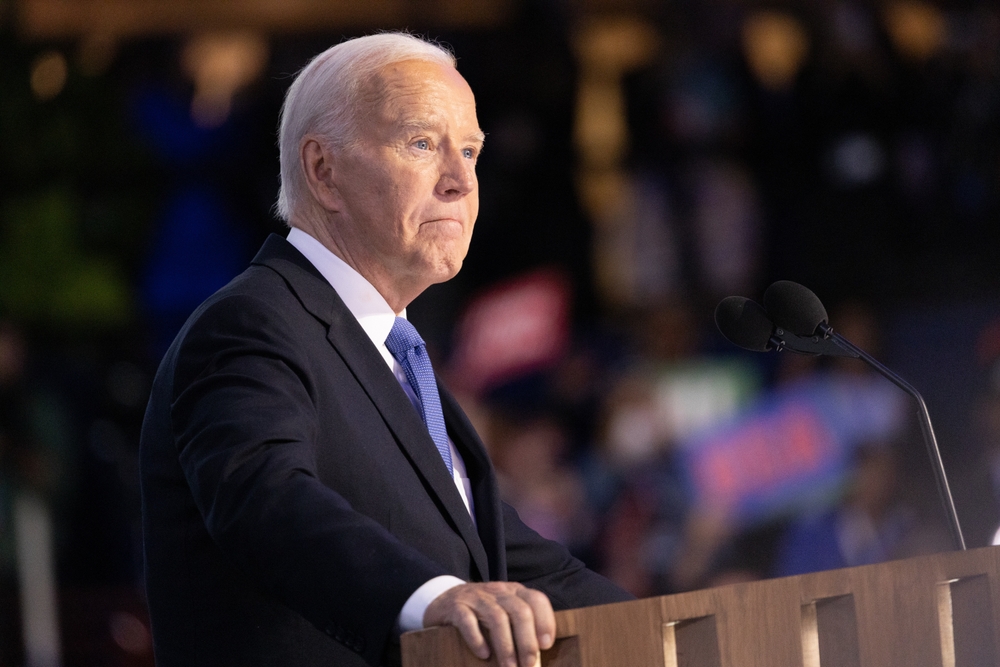U.S. President Joe Biden vetoed legislation on Monday that sought to add 66 new judges to understaffed federal courts, marking a rare halt to what was once a bipartisan initiative. Known as the JUDGES Act, the bill aimed to comprehensively expand the federal judiciary for the first time since 1990, addressing a 30% increase in caseloads over the past three decades.
The JUDGES Act: A Bipartisan Initiative Turned Partisan
Initially backed by members of both parties, the JUDGES Act proposed adding 66 judgeships to 25 federal district courts across 13 states, including judicial heavyweights like California, Florida, and Texas. These new positions were to be introduced in six waves every two years through 2035, ensuring staggered appointments across presidential administrations to avoid partisan domination.
Hundreds of judges, appointed by presidents from both parties, publicly advocated for the bill, emphasizing the urgency of addressing the mounting workload in federal courts. Despite these efforts, the political landscape shifted after Republican President-elect Donald Trump’s November election victory, leading to accusations of partisanship from top Democrats.
Biden’s Veto: Key Concerns and Reactions
In a message to the Senate explaining his decision, Biden argued that the legislation “hastily” created new judgeships without adequately evaluating the need or determining how they would be distributed. This veto, which Biden had threatened prior to the bill’s passage in the Republican-led House, sparked sharp criticism from its sponsors.
Republican Senator Todd Young of Indiana, the bill’s sponsor, called the veto “partisan politics at its worst.” By passing the bill before Trump took office, Republicans had hoped to secure his influence over the judiciary. This strategy led to Democrats withdrawing their support, accusing Republicans of violating the bill’s bipartisan intentions.
The Political Implications of the Veto
Had the JUDGES Act become law, it would have allowed Trump to appoint 22 permanent and three temporary judges during his presidency, further solidifying his impact on the judiciary. This would have added to the 234 judicial appointments he made during his first term, including three Supreme Court justices who contributed to the Court’s 6-3 conservative majority.
In contrast, Biden, who surpassed Trump’s judicial appointment total by reaching 235, focused more on diversity within the judiciary. His nominations included fewer appellate judges and just one Supreme Court justice, reflecting a different approach to shaping the courts.
Judicial Expansion: A Missed Opportunity
The JUDGES Act represented a rare opportunity to address the growing strain on the federal judiciary. By spreading appointments over three administrations, the bill’s architects aimed to reduce partisan tensions. However, the timing of the vote and the upcoming Trump administration created a flashpoint for controversy.
The failed legislation highlights ongoing challenges in addressing judicial inefficiencies while navigating political divisions. With federal caseloads continuing to rise, the need for comprehensive reform remains, but bipartisan trust will be essential for any future efforts to succeed.







